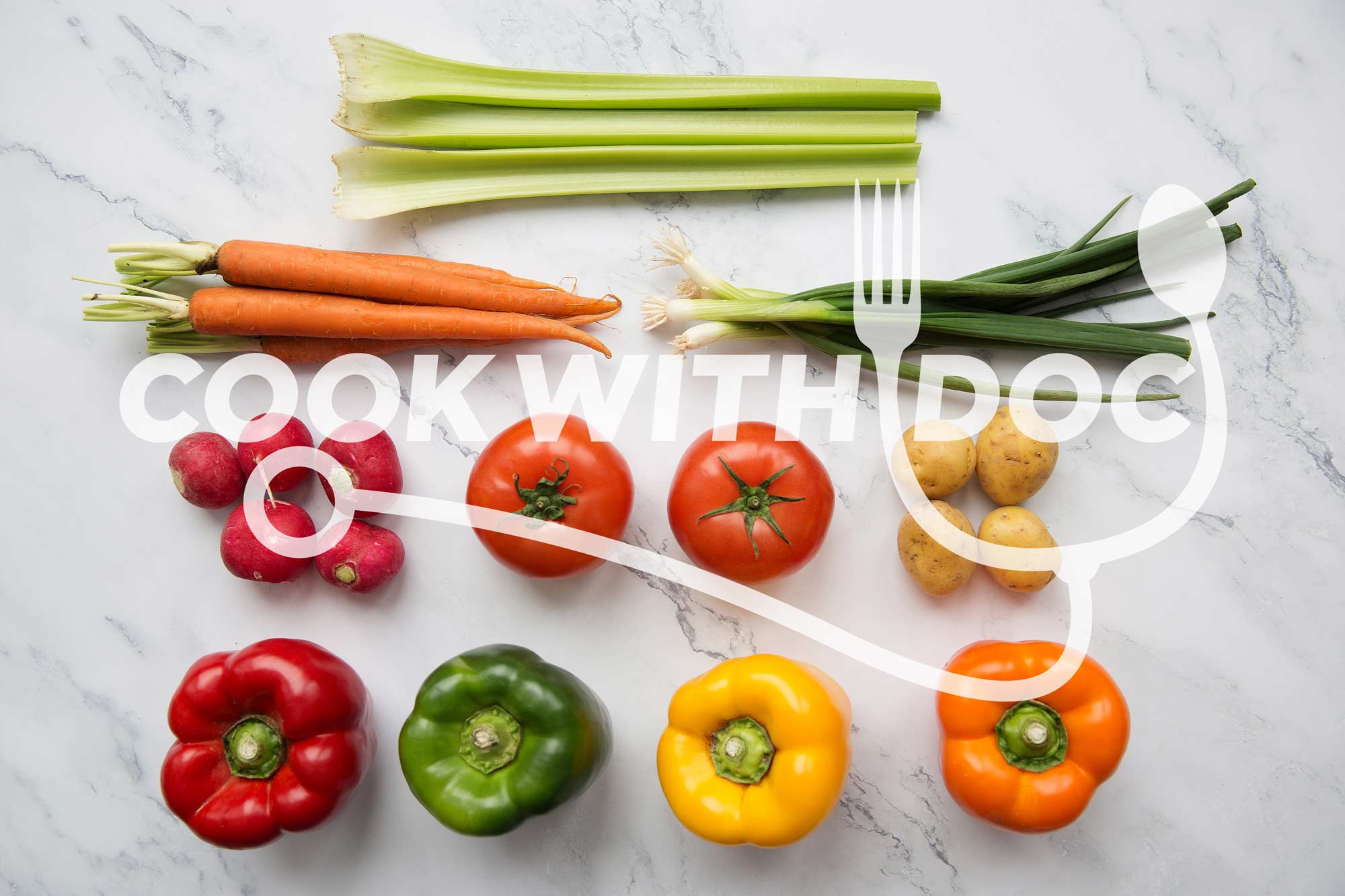Decoding Olive Oil: Your Comprehensive Guide to Selecting the Healthiest Extra Virgin Olive Oil
If you've ever found yourself standing dazed and confused in the olive oil aisle of the grocery store, wondering why some bottles are dark and others clear, why prices range from 'I got this' to 'Maybe I need a second mortgage', then you are on the right blog. We're diving into the world of olive oil - and not just any olive oil, but the queen of them all, Extra Virgin Olive Oil. Get ready to become an expert, and make the right choice for your health (and your wallet) without breaking a sweat.
Choosing a high-quality extra virgin olive oil (EVOO) is important because of its numerous health benefits, including reducing the risk of heart diseases, providing anti-inflammatory and antioxidant properties, and aiding in digestion.
Here's a guide on how to select the healthiest extra virgin olive oil:
- Check the "Best Before" Date: Olive oil is not like wine; it doesn't get better with age. Always look for the "best before" date on the bottle. It's usually a maximum of two years from the time it was bottled.
- Look for Specifics on Origin: Look for information about where the olives were grown, harvested, and produced. The label should ideally include specifics, like the farm or region, instead of just the country. This information can usually be found on the back label.
- Sealed and Dark Bottles: Light can damage olive oil, so it's usually stored in dark-colored glass bottles or metal containers to protect the oil from light exposure. Also, the bottle should be well-sealed to prevent oxidation.
- Cold-Pressed / Extra Virgin: The best olive oils are cold-pressed, a chemical-free process that involves only pressure, and produces a higher quality of olive oil that is rich in natural vitamins and minerals.
- Price: Generally, high-quality EVOO tends to be more expensive because the production process is more labor-intensive. However, an expensive price tag doesn't guarantee the best quality, so it's always important to verify other factors.
- Taste: Quality EVOO should have a fruity, bitter, and slightly spicy flavor profile. The bitterness and spiciness are indicative of the oil's polyphenol content, which is responsible for many of its health benefits.
- Certification Seals: Look for quality certification seals. In the US, the California Olive Oil Council (COOC), North American Olive Oil Association (NAOOA), and Extra Virgin Alliance (EVA) are respected industry groups. Internationally, look for the Protected Designation of Origin (PDO) and Protected Geographical Indication (PGI) seals.
EVOO is made from pure, cold-pressed olives, whereas regular olive oil is a blend, including both cold-pressed and processed oils. This means EVOO retains more natural vitamins and minerals.
Health benefits of EVOO include:
- Rich in Monounsaturated Fats: These healthy fats are known to reduce levels of harmful cholesterol and improve heart health.
- High in Antioxidants: EVOO contains over 30 phenolic compounds that are incredibly potent antioxidants.
- Anti-Inflammatory Properties: The phenolic compounds in EVOO also exhibit anti-inflammatory properties, which can help reduce the risk of chronic diseases like cancer and type 2 diabetes.
- Promotes Brain Health: Some studies suggest that consuming EVOO regularly can improve brain function and even delay the onset of cognitive decline.
Remember that EVOO is incredibly healthy but also high in calories, so it should be used in moderation as part of a balanced diet.

